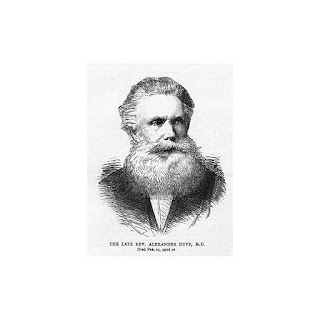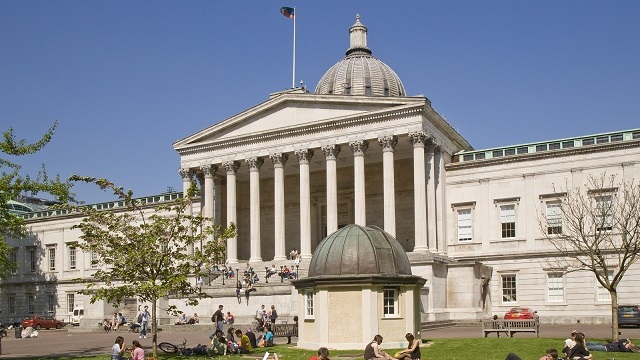A University for Subject People: The story of the foundation of Calcutta University

I have traced the development of Indian Higher Education under a series of posts under two sections - The Road to Macaulay and Since Macaulay. This final post is about the formation of the Calcutta University, which is a unique university as it was formed solely with the purpose of granting degrees which would qualify the recipients for government jobs. It followed the University of London model, but in the limitations of its purpose, it was rather unique. However, it was not inconsequential or a temporary affair, but, I think, the first consumer university in the world. Here is the story of its foundation. -------------------------------------------------------------------------------------------------- Lord Hardinge’s administration enhanced the bureaucratic-educational connections further by making English education as a qualification for government employment in 1844 .. it is highly desirable to afford it every reasonable encouragement by holding out to those who...

